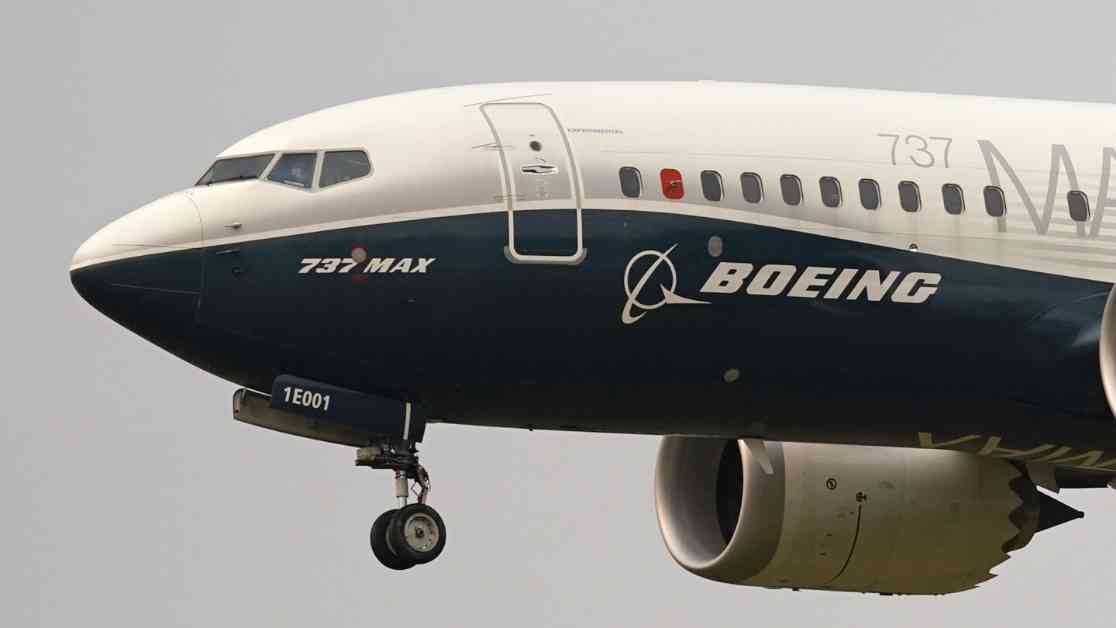Boeing, the renowned aircraft manufacturer, faced a decline in sales as they received orders for only four new planes in May. What is more concerning is that, for the second consecutive month, there were no orders for their best-selling 737 Max model. This disappointing news comes in the wake of a side panel blowout incident on a Max aircraft during a flight back in January.
In comparison, Europe’s Airbus fared slightly better, reporting net orders for 15 planes in May. However, this number includes 27 sales and 12 cancellations, indicating some volatility in their sales figures as well. Additionally, Aerolineas Argentinas decided to cancel an order for a single Max jet, further impacting Boeing’s sales for the month.
As a result of these lackluster sales figures, shares of The Boeing Co. saw a 3% decline in afternoon trading. This downward trend follows a similar pattern from the previous month of April when Boeing reported only seven sales, none of which were for the 737 Max model.
Boeing remains optimistic about a potential increase in orders following the upcoming Farnborough International Airshow next month. Historically, major aircraft deals are announced during this event, which could provide a much-needed boost to Boeing’s sales. However, the company is currently facing challenges from the Federal Aviation Administration, which has imposed production caps on Boeing’s 737s due to safety concerns.
Allegations from whistleblowers regarding Boeing taking shortcuts to expedite the production process, along with reports of falsified inspection records on some 787 Dreamliner jets, have further tarnished Boeing’s reputation. Despite these setbacks, Boeing managed to deliver 24 jetliners in May, including 19 Max jets, with notable recipients such as Ryanair and Alaska Airlines.
It is important to note that despite the recent slowdown in sales, Boeing still maintains a substantial backlog of over 5,600 orders. This backlog serves as a testament to the enduring demand for Boeing aircraft in the global market. As the aviation industry navigates through these challenges, all eyes will be on Boeing’s future sales performance and its ability to regain momentum in the market.








